- Success Stories
- Emergency Preparedness & Response
Large-Scale Decontamination Proves Successful
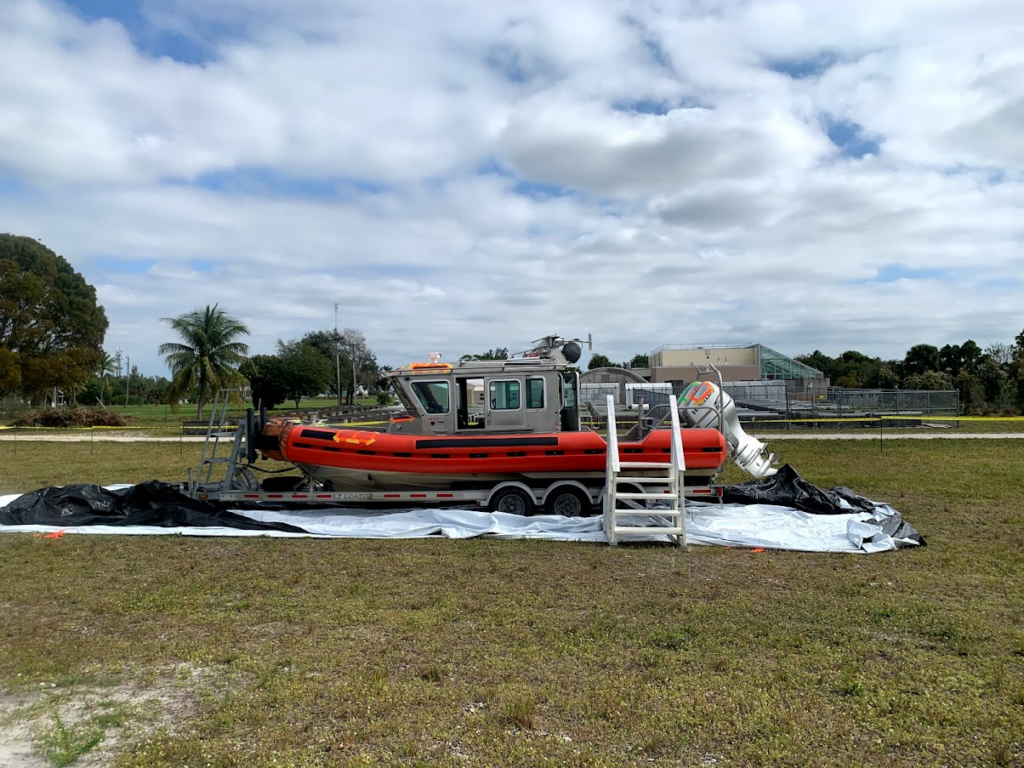
In the spring of 2022, we worked with the U.S. Environmental Protection Agency and the U.S. Coast Guard on a project called Analysis for Coastal Operational Resiliency-Wide Area Demonstration (WAD) which tests large scale decontamination following the release of surrogate bioagents. The team conducted a WAD at a military base in Virginia to test decontamination using various technologies on numerous surfaces. Our involvement included securing service contracts, equipment, and supplies; assisting with test bed set up and field work; managing and shipping collected samples; and providing assistance in demonstration execution.
In addition, our EPA Research Laboratory Support contract team assembled a novel prototype machine, which quickly collects samples of resuspended air particles from over hundreds of square feet. It is intended to be used to confirm decontamination of biological agent contamination (pictured below).
Prior to this exercise, our team led a smaller-scale exercise in January 2020 to decontaminate a U.S. Coast Guard response boat. We tested and successfully used three different technologies during this process.
Both of these field exercises enabled us to understand the data collected in a controlled, laboratory environment in a different way. We conducted the exercise in an outdoor environment, on a larger scale, and with front line responders to ensure that the procedures, decon chemicals and technologies evaluated in the lab can be ready to be stood up in real events. This is an extraordinary accomplishment as multiple agencies work together to sample and decontaminate with the goal to successfully clean up and restore important assets following a biological agent contamination event.
Learn more about this full operation: https://www.dhs.gov/science-and-technology/news/2022/07/26/feature-article-field-tests-culminate-4-years-bioagent-studies
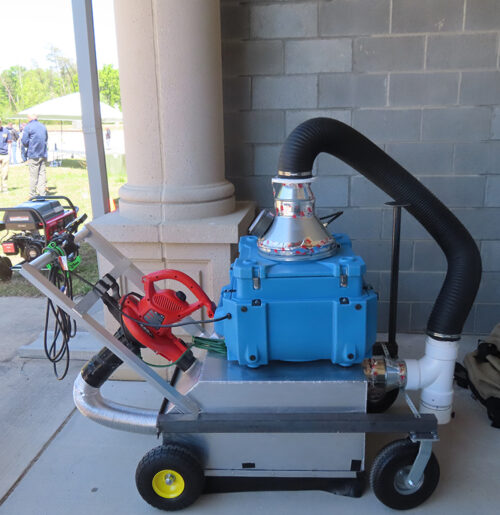
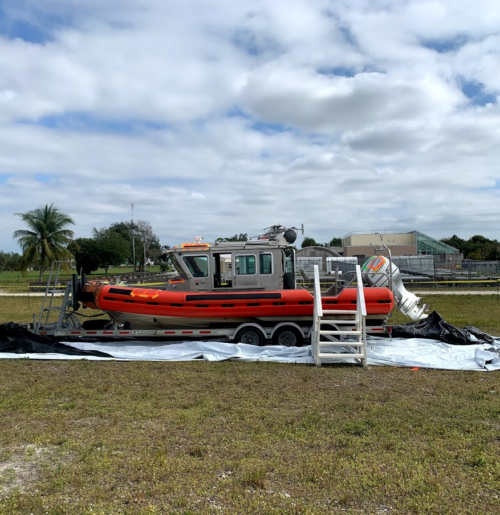
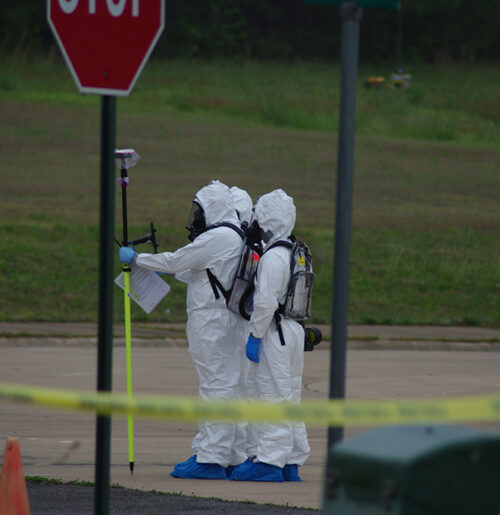
See More Success CSS Stories
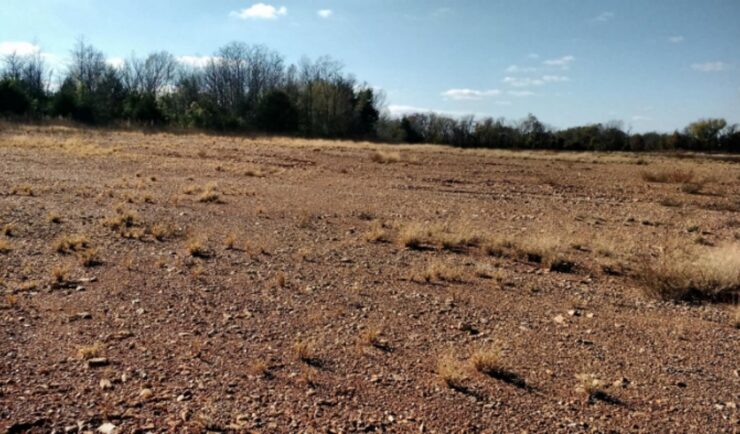
Remediating Soil Surrounding Abandoned Mines
CSS employees have been providing field, lab, and horticultural support for the Environmental Protection Agency’s efforts to develop and test methods for the remediation and revegetation of contaminated soils around selected abandoned mines in the western United States. One of the promising approaches is to incorporate biochar into the soil. Using biochar helps effectively adsorb trace metals and reduce their…
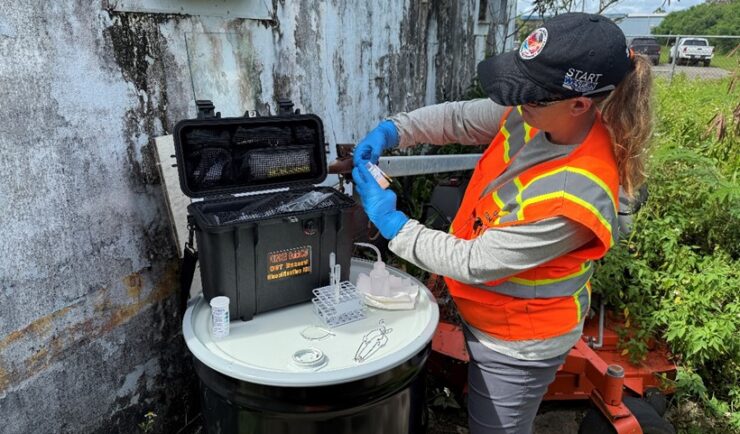
Supporting Guam’s Chemical Round Up
Senior chemist working on the CSS contract with the Environmental Protection Agency’s (EPA) Superfund Technical Assessment and Response Team (START) supported the Guam Lab Chemicals Round Up in March of 2024 and July of 2025. During both mobilizations, START supported EPA’s mission to collect chemical waste items from across the U.S. island territory of Guam for off-island transport and disposal. As a field chemist, CSS employee…
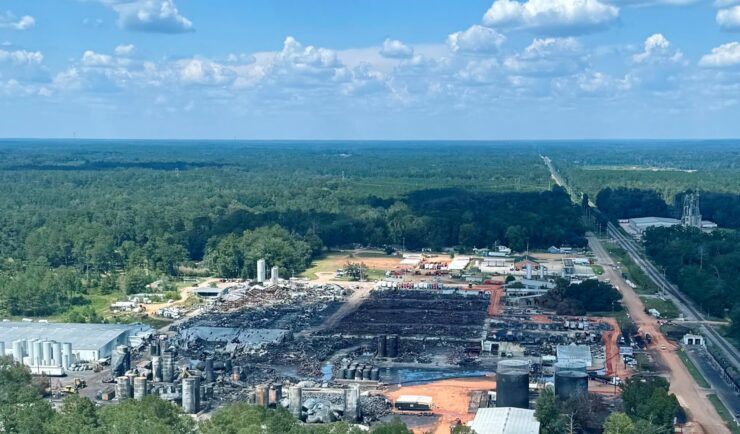
Responding to Tangipahoa River Contamination
Following a fire at Smitty’s Supply facility in Louisiana’s Tangipahoa Parish on August 24, 2025, CSS employee owners supporting the Environmental Protection Agency’s Scientific Technical and Assessment for Consequence Management (STACM) contract deployed to the scene on August 31 to assist with response efforts. Initially staff worked on logistics at the staging warehouse. After a…
